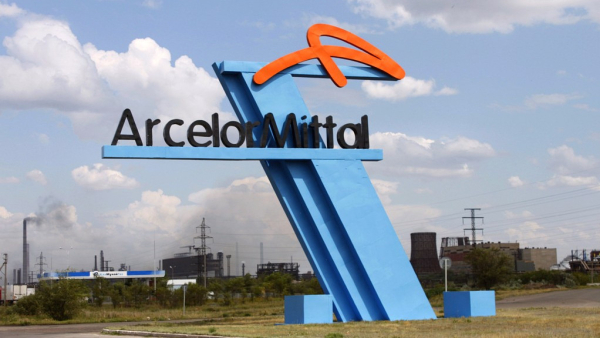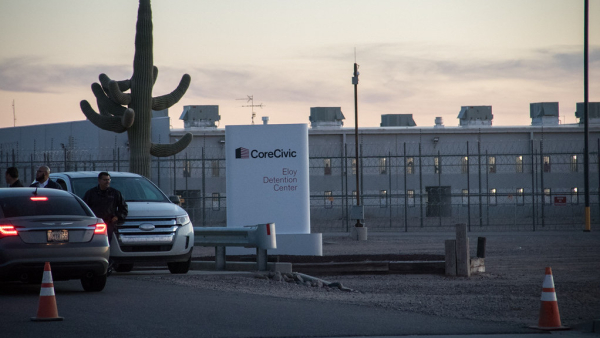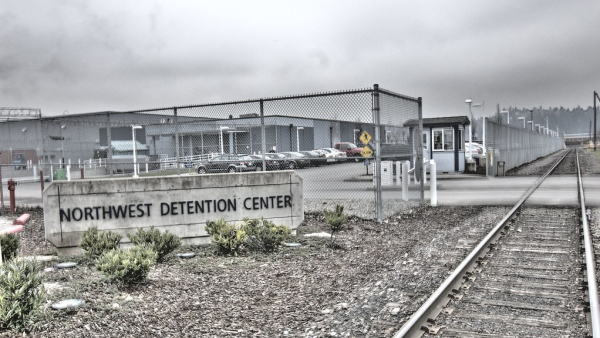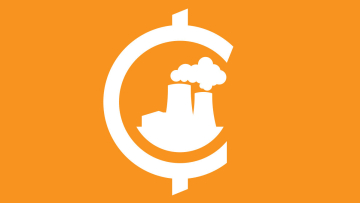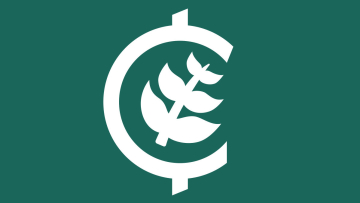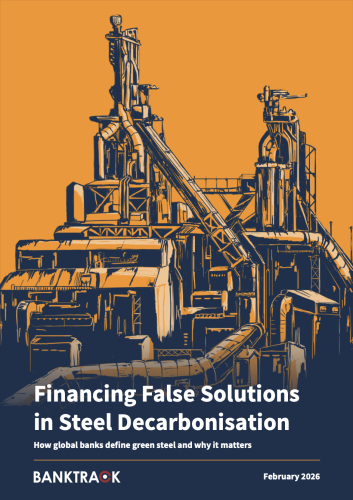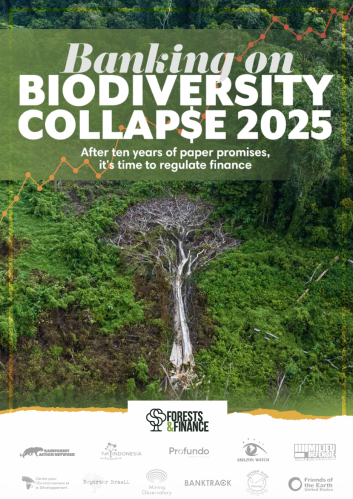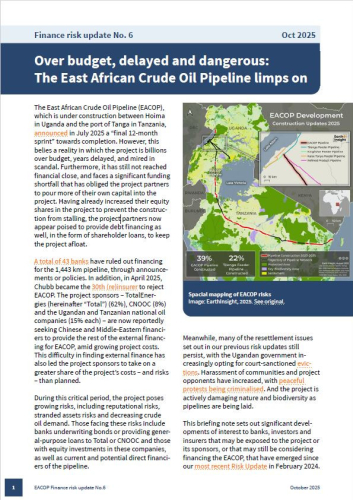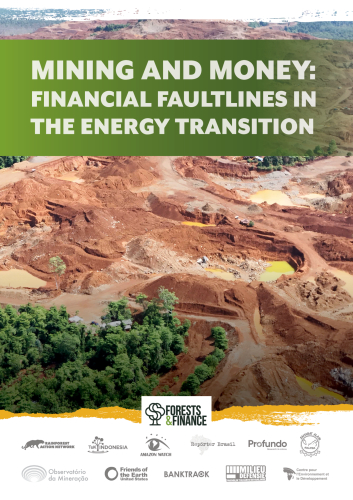
Upcoming events
Spotlight
Bank Human Rights Complaints Channels: A Users' Guide
Find out how to raise human rights complaints with commercial banks and pursue remedy
Back the campaign against LNG
The world is facing an unprecedented boom in LNG development, with 279 new LNG projects planned around the world. A new website exposes the companies, banks and insurers backing this climate bomb
Sign up for ArcelorMittal Quarterly Risk Briefings
Receive a round up of all things climate, nature and human rights in ArcelorMittal's global operations in your inbox, four times a year.
Target Dodgy Deals
Focus banks
FMO
A major investigation found FMO funds were misappropriated to finance illegal activities in connection with the murder of Berta Cáceres in Honduras 10 years ago.
Raiffeisen Bank International
RBI is under new leadership. Cultural organisations being sponsored by the bank risk whitewashing a major enabler of the war on Ukraine, argues this new BankTrack blog.
Banco Santander
BankTrack is calling on Banco Santander to abandon its support for Carbon Measures, a flawed carbon accounting scheme backed by Exxon which risks enabling a major setback for climate accountability.
HSBC
In November, HSBC published its Sustainability Risk Policies Framework. The bank removed previous commitments and opened the door for more fossil fuel financing.
Campaigns and projects
Latest publications
BankTrack in the Media
Banks Backing Green Steel Fund ‘False Solutions,’ Report Says
2026-02-11 00:00:00
2026-02-11 00:00:00
|
After Decades of Deflection, ExxonMobil Moves to Reshape Global Climate Accounting
2026-01-23 00:00:00
2026-01-23 00:00:00
|
UBS faces OECD scrutiny over human rights risks in passive investments
2025-11-03 00:00:00
2025-11-03 00:00:00
|
Trump sorgt für Boom bei US-Gefängnissen – und die UBS gerät deswegen in die Kritik
2025-10-29 00:00:00
2025-10-29 00:00:00
|
External News
Uganda may see lower oil revenues as expected as costs rise and demand falls
2026-02-19 00:00:00
2026-02-19 00:00:00
|
Harena raises £2m for development of Madagascar project
2026-02-18 00:00:00
2026-02-18 00:00:00
|
Harena Rare Earths Raises £2M: Modest Capital, Big Ambitions
2026-02-18 00:00:00
2026-02-18 00:00:00
|
More banks give $15b PNG gas project the cold shoulder
2026-02-10 00:00:00
2026-02-10 00:00:00
|
Website updates
On 2026-02-20 15:16:02 we
created the CNH Industrial Capital bank page.
On 2026-02-20 15:15:10 we
created the John Deere Bank bank page.
On 2026-02-20 14:30:25 we
created the Sicredi bank page.
On 2026-02-19 16:43:35 we
updated the Ampasindava Rare Earths project project page.
On 2026-02-16 17:08:34 we
updated the CNH Industrial Capital bank page.
Notice Board
















